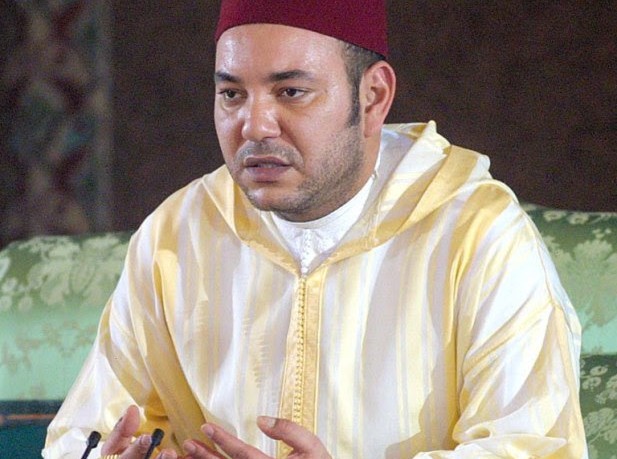Daily News Tanzania
Alpha Nuhu
The visit comes three months after Morocco announced its intention to return to the African Union. This is the first tour by the Moroccan monarch full of strategic importance since his succession to the throne in 1999.
Given its geographical position on the African continent and colonial history, Morocco has traditionally been identified with the Francophone countries of West Africa.
For decades, Morocco has been the shining star of Francophone African countries given its stable political environment, steady economic development, and erudite foreign policy.
Its relations with sister West African nations span a wide array of fields including cooperation in agriculture, fertilizers, banking, healthcare and education, just to mention few. Morocco, too, has been a champion of South-South cooperation to achieve African solutions for African problems.
However, the country’s reach towards East Africa has been limited. That’s perhaps why King Mohammed VI has undertaken this important journey to three key countries of Rwanda, Ethiopia and Tanzania to correct the imbalance.
Morocco, one of the founders of the Organisation of African Unity, the predecessor of the current African Union, has much to offer the continental body in terms of economic cooperation, security collaboration and a vision of self-sufficiency for Africa that will see the continent emerge as the next engine of global growth.
The AU member states must shed the baggage of the past and welcome Morocco with open hands.
The Eastern African nations of Tanzania, Rwanda and Ethiopia must support this process wholeheartedly. As a key player in African politics since independence from Britain in 1961, Tanzania should take this opportunity to scale up relations with the return of Morocco to the AU.
The corporate elites that are travelling with the monarch are set to propose strengthening ties with the growing and modernizing Moroccan economy, in hopes to consolidate bilateral political relations.
Moroccan businesses have yet to penetrate Tanzanian markets, even though our great East African country has seen an average economic growth rate of between five to seven percent over the past decade.
Indeed, the official visit of King Mohammed VI to Tanzania marks the prelude to a new era in the friendly relations between Rabat and Dar es Salaam, as Minister of Foreign Affairs and East African Cooperation, Dr Augustine Mahiga, said.
Africa is undergoing a profound long-term transformation, characterised by rapid digitization, urbanization, and growth in the working-age population, which will outnumber the labour force of China and India by 2034.
That demographic trend could unlock future growth by advancing economic diversification, spurring domestic consumption, and supporting industrialization. Tanzania and other high-growth countries –Ivory Coast, Ethiopia and Kenya– have made substantial progress in reducing their dependence on commodity exports, in favour of trade, investment, and domestic consumption.
Involving experienced countries such as Morocco in this transformation agenda would pay dividends on the road to economic emancipation. Peace and stability prevails in both Morocco and Tanzania that can allow these two distant African countries experience inclusive and resilient economic growth.
The two nations can establish business partnerships on a win-win basis that surpass the traditional trade vision.This could be one of the pillars of future economic relations between Dar es Salaam and Rabat. Insofar as cooperation between African countries is concerned, we are still at the approach stage.
Divisions, differences in tradition and language inherited from the colonial era, inadequacy of transport and communication systems, particularisms, mental reservations and sometimes misunderstandings have hardly furthered the progress of inter-African cooperation.
In its principle and effects, however, that cooperation remains eminently desirable, as former Tunisian President Habib Bourguiba said at the founding of the defunct Organisation of African Unity 53 years ago.
In a continent which has celebrated half a century of self-governance, unity has, of necessity,a penetrating resonance and great power of attraction. What is needed, therefore, is to break down all divisions inherited from the colonial era. It must not be forgotten that for a very long time Africa was continent open to the world and closed to itself.
To postulate unity as an imminent, straightforward thing, which will be achieved by adopting a motion, or manifesto, or by elaborating a constitution, may lead to disappointments.
“We must build on reality, and reality is that the peoples of Africa are aspiring towards a certain unity of purpose, expression of a common awareness of the continent’s problem,” Bourguiba said. His wise words still reverberate again and again today. Let’s hope that Tanzania and Morocco can make Africa resonate.








